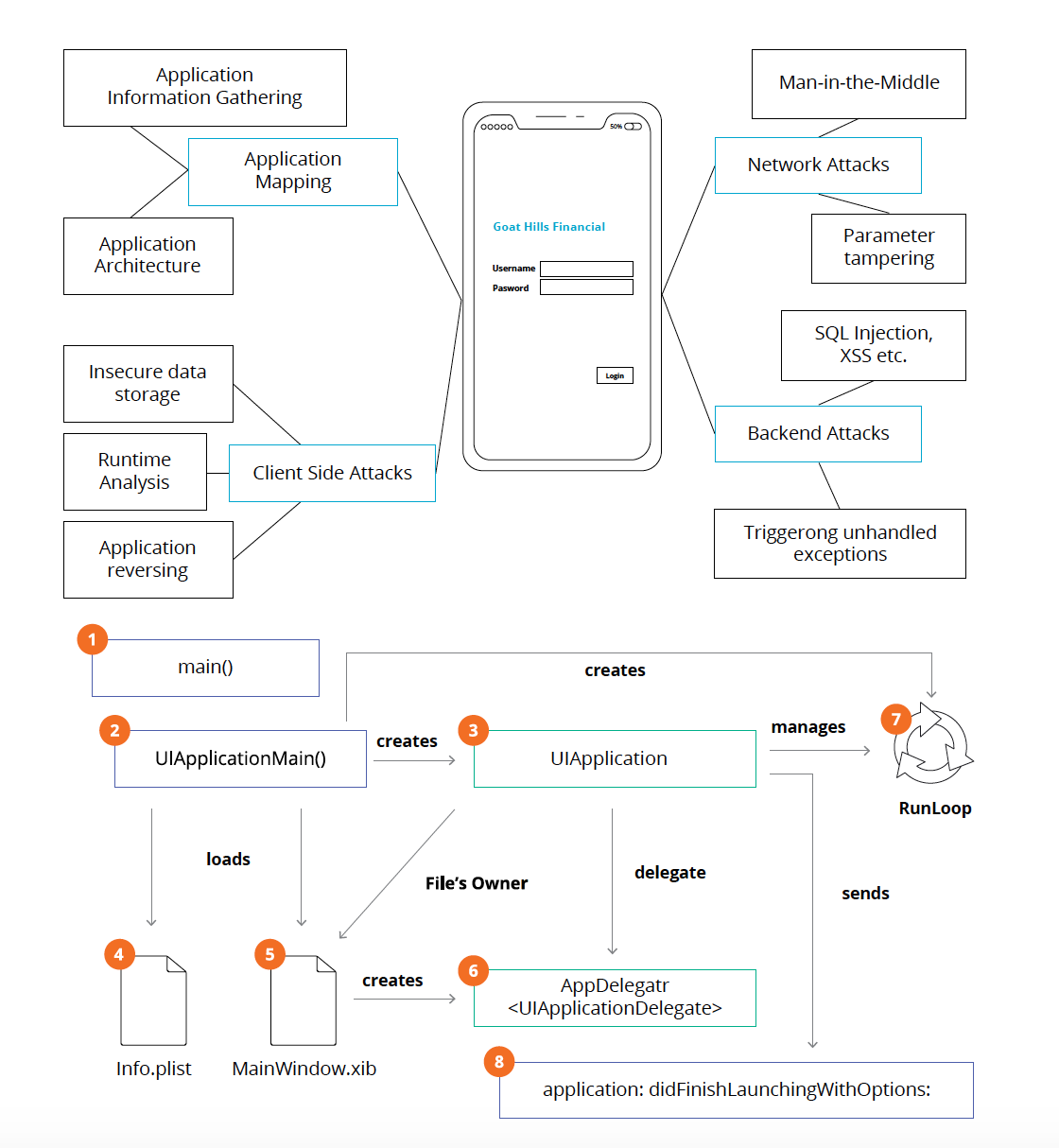Business Challenge
The client developed a new mobile insurance application for their customers. According to the internal software development lifecycle (SDLC) rules, the newly created application needed to pass an independent third-party security audit before it could go into production. The new mobile application—developed with a Kony hybrid mobile framework—required a security tool for automated security verification.
The company partnered with SoftServe to provide application security verification with a focus on the following potential threats and associated business risks:
- Unauthorized access to backend, sensitive client data
- Potential chance of password brute forcing
- Hardcoded values that lead to application research by hackers
Project Description
The teams collaborated to perform a white-box application security assessment. SoftServe’s security audit team included two certified ethical hackers and two software security architects. They performed a dynamic application analysis on Android and iOS as well as a static code review and found a number of security issues that needed to be addressed:
- Limited Cryptography
- Hardcoded test values and credentials
- Backend security
- Password brute-forcing
- Weak change user password mechanism
- Sensitive file artifacts and data
At the final stage of the security audit, SoftServe provided the client’s development team with detailed technical recommendations on how to correct the identified security issues, which allowed them to remain on schedule and release the new application into production on time.

Value Delivered
The security audit, which took one week, allowed the client to:
- Quickly detect, analyze, and correct identified security defects
- Release its new mobile application as planned
- Protect the company brand and ensure sensitive client information was safe
- Prevent HIPAA penalties for data breaches—known as HIPAA Omnibus rule, which was enacted March 23, 2013. Penalties could cost up to $1.5 million per incident


